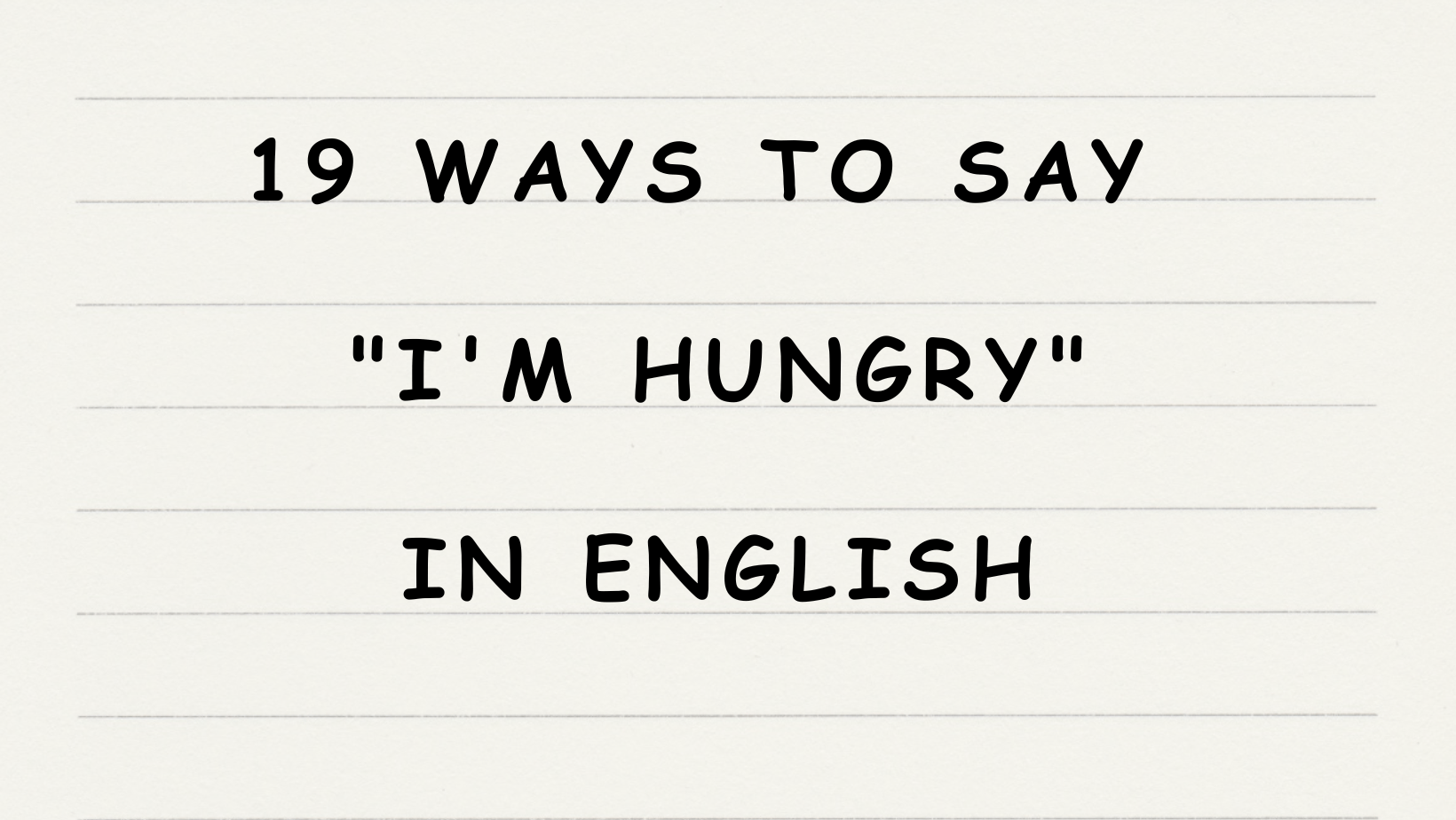
Life is full of ups and downs, moments of tension and sighs of relief. Expressing relief is crucial to demonstrate that you have moved from a state of anxiety to a more relaxed one. It helps to share your feelings, reducing stress, and fostering understanding and empathy in your conversations. Ever wondered how to properly convey your sense of relief in English? Mastering these phrases will help you to express this emotion more accurately and colorfully, enhancing your overall communication. Intriguing, right?
Now, let’s dive into a list of 23 useful phrases to show relief in English:
1. What a relief! – Expresses a strong feeling of relaxation after worrying about something.
Example: What a relief! The tests came back negative.
2. I’m so relieved. – Conveys a personal feeling of relief.
Example: I’m so relieved that the interview went well.
3. Thank goodness for that. – Expressing gratitude for a fortunate outcome.
Example: Thank goodness for that. The storm missed our town.
4. That’s a weight off my mind. – Used when a problem that has been worrying you is solved.
Example: That’s a weight off my mind. The bills are finally paid.
5. I can breathe easy now. – Expresses relief after a period of worry.
Example: I can breathe easy now. The deadline has been extended.
6. Phew! – A word you say when you are happy that a difficult situation has ended.
Example: Phew! I thought I lost my wallet.
7. That was close. – Used when you have narrowly avoided a problem or disaster.
Example: That was close. I almost missed my flight.
8. No harm done. – Indicates that a potentially problematic situation has caused no damage.
Example: No harm done. The glass didn’t break when it fell.
9. That’s a load off my shoulders. – Used when a burden (either physical or mental) has been lifted.
Example: That’s a load off my shoulders. I’ve completed my dissertation.
10. It’s all behind me now. – Indicates that the worrying situation is in the past.
Example: It’s all behind me now. I’ve finished the challenging project.
11. You had me worried there. – Expresses relief after worrying about someone or something.
Example: You had me worried there. I thought you were lost.
12. It’s not as bad as it could have been. – Indicates that a situation turned out better than expected.
Example: It’s not as bad as it could have been. The damage was minimal.
13. At least that’s done. – Expresses relief that a particular task or situation is over.
Example: At least that’s done. I’ve submitted my taxes.
14. I was worried sick. – Conveys a state of extreme worry that has now ended.
Example: I was worried sick. I’m glad to know you’re safe.
15. Finally, it’s over. – Expresses relief that a situation has come to an end.
Example: Finally, it’s over. The exam was really tough.
16. I’m glad that’s settled. – Indicates relief that a situation or matter has been resolved.
Example: I’m glad that’s settled. We’ve chosen the wedding venue.
17. That’s one less thing to worry about. – Used when one out of several worrisome matters is resolved.
Example: That’s one less thing to worry about. My visa got approved.
18. I can sleep easy tonight. – Expresses relief that allows for a worry-free rest.
Example: I can sleep easy tonight. The presentation was successful.
19. That was a narrow escape. – Used when a dangerous or problematic situation is barely avoided.
Example: That was a narrow escape. I almost tripped over the wire.
20. What was all the fuss about? – Expresses relief after realizing a worry was unnecessary.
Example: What was all the fuss about? The procedure was simple.
21. Better out than in. – A phrase indicating that it’s better to release something troubling rather than keeping it inside.
Example: Better out than in. I finally confessed my feelings.
22. Crisis averted. – Used when a problematic situation has been successfully prevented or solved.
Example: Crisis averted. The leak was fixed before the flood.
23. Saved by the bell. – Indicates an interruption has conveniently prevented something from being found out or from happening.
Example: Saved by the bell. The teacher arrived before the fight started.
Now you know a bunch of phrases to convey relief. Next time you experience a sigh of relief, you won’t be at a loss for words. Keep practicing them in your daily conversations and soon they’ll become a natural part of your language.


